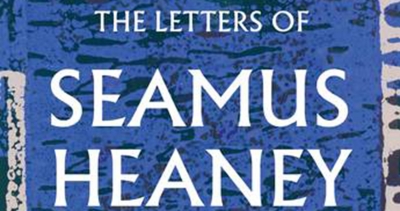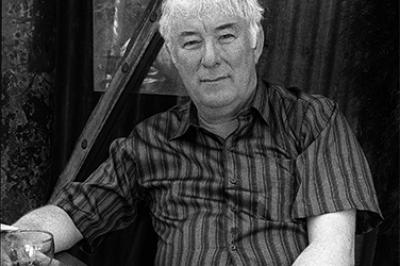Seamus Heaney
Think of Nobel Laureate Seamus Heaney and you mightn’t automatically think of Australia. What the name invokes for most readers, I would hazard, are the vivid landscapes of Ireland (‘The cold smell of potato mould, the squelch and slap / of soggy peat’). Heaney (1939–2013) might have been a man of the world, but he was rooted half a world away.
... (read more)Human Chain by Seamus Heaney & Stepping Stones: Interviews with Seamus Heaney by Dennis O’Driscoll
Vaclav Havel and Nobel Laureates Call for the Release of Imprisoned Burmese Writers
Fourteen Nobel Literature Laureates – along with Vaclav Havel, former President of the Czech Republic and renowned playwright, and Jiri Grusa, acclaimed Czech writer and President of International PEN – have urged Senior General Than Shwe of the Burmese Military Junta to release Nobel Peace Laureate Daw Aung San Suu Kyi and other imprisoned Burmese writers. These include 74-year-old editor U Win Tin, who is serving twenty years’ hard labour, and poet and journalist U Aung Myint, who was condemned to twenty-one years’ imprisonment. In a letter delivered to Burmese embassies in Bangkok, Berlin, London, New Delhi, Tokyo, Washington DC and other cities on April 13, Havel and the Laureates wrote:
... (read more)

